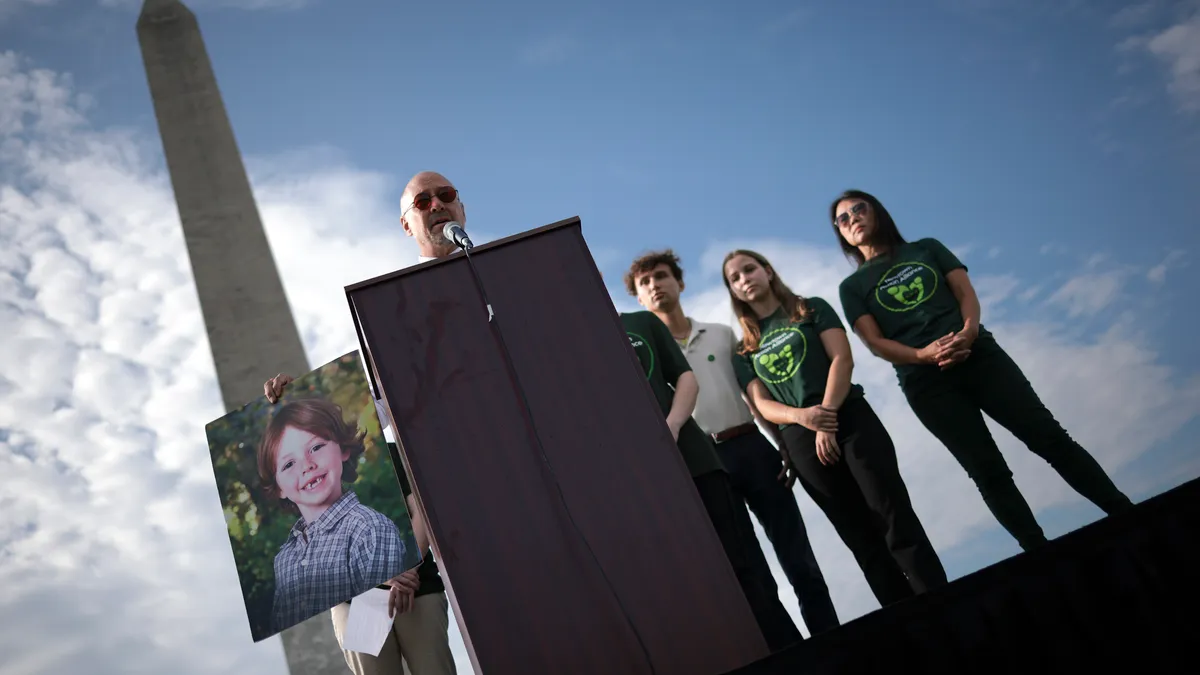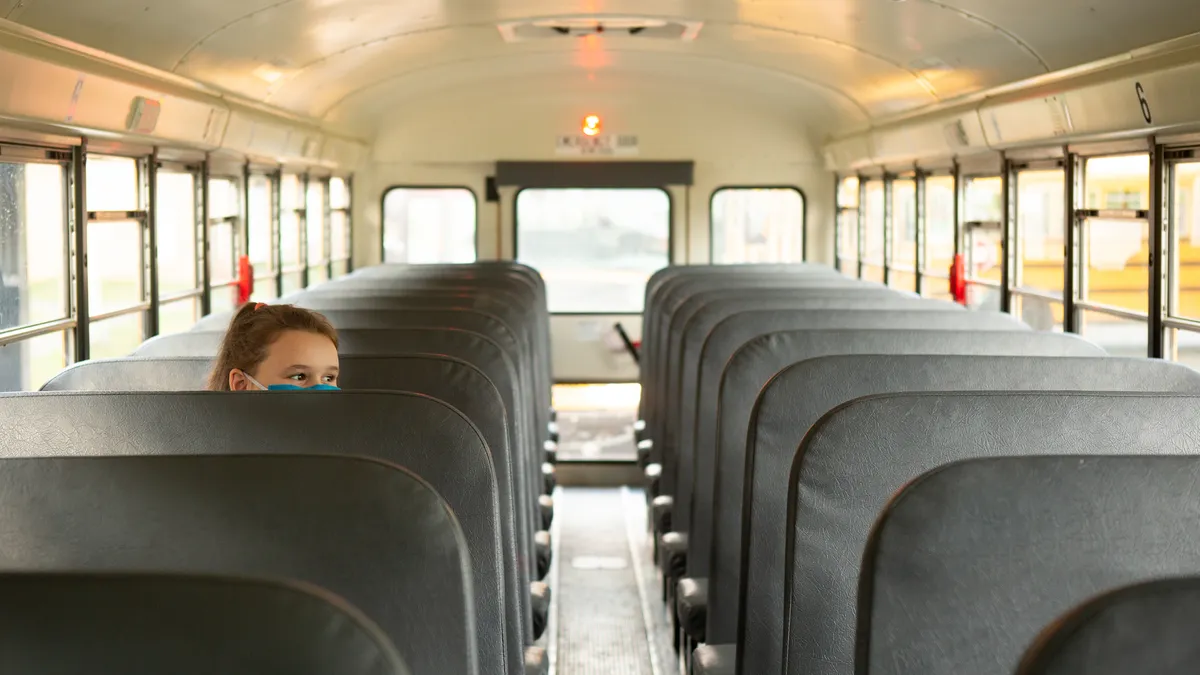Dive Brief:
- Most of the schools in New Orleans after Hurricane Katrina became privately-run charter schools with firm discipline policies, but five charters in the city have become more focused on addressing trauma and the emotional needs of students, according to NPR.
- Schools like Crocker College Prep have worked to assist students dealing with the aftermath of trauma, employing two full-time social workers to assist students and sending disruptive students out of the classroom to a “wellness center” in lieu of disciplinary action or detention.
- The approach is particularly important in New Orleans, as a recent study found that students in the city screened positive for post-traumatic stress disorder at more than three times the national rate. As many as 20% of students have actually witnessed homicide, and about 40% of students live below the poverty line.
Dive Insight:
Hurricane Katrina was a uniquely significant trauma on the students of New Orleans, but many of the traumas students are facing are not far removed from the traumas facing many urban and rural areas in the United States, from pervasive poverty and violence to a high rate of incarceration. The approach of the charter schools in question is reminiscent of “community schools,” at least in inspiration if not methodology. Community schools partner with nonprofit organizations to supply various services for the community, but it is important to have those services in-house and integrated to create as little red-tape between students and the services they require as possible.
As schools in New Orleans work to strengthen their approaches targeting trauma, it is also important to continue to try and find educators and administrators with firsthand experience in the community in which they're teaching. The article notes that it is rare for school leaders in New Orleans to originally be from there, and public schools, charters and nonprofits like Teach for America have all been criticized for a lack of diversity that is often not indicative of the communities and populations in which teachers are assigned.
New York City Schools Chancellor Carmen Fariña spoke to Education Dive about developing interest about the teaching profession in students currently enrolled in public schools in the hope that students from those communities would return to help educate the next generation. It could be beneficial for students recovering from the trauma of crime and poverty to have educators on hand who also have firsthand experience with what those situations can entail.













